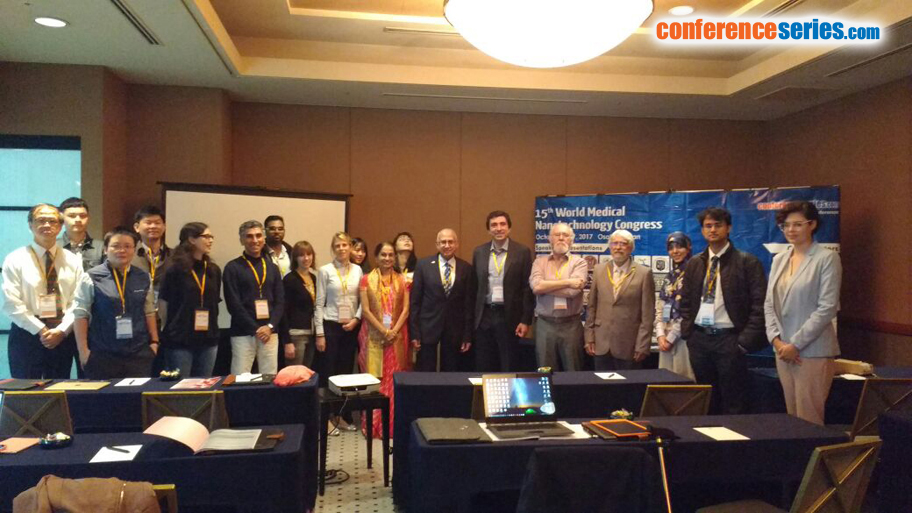
Fawad ur Rehman
Southeast University, China
Title: Cancer cell is an excellent scaffold for nanomaterials biosynthesis and theranostics of metastasis
Biography
Biography: Fawad ur Rehman
Abstract
Statement of the Problem: Nanoscale materials and biomedical applications are exponentially increasing each passing day, especially in cancer theranostics and drug delivery system. The nanomaterials synthesis procedure is complex and involves various toxic chemicals. Therefore, the biomedical scientific community has serious health hazard concerns. To overcome the associated complications, a green synthetic approach has been introduced to biosynthesize via plants, bacteria, fungi and algae and most recently redox imbalance mammalian cells i.e. tumor and neurodegenerative maladies.Methodology & Theoretical Orientation: We have simply introduced the pre-ionic solution of metals viz. HAuCL4 (Gold), FeCl2 (Paramagnetic Iron), Na2SeO3 etc. to the cancer cell lines (HepG2, HeLa, U87, SGC-7901 etc.) to biosynthesize the nanoprobes for cancer multimode bioimaging via fluorescence, CT and MRI, both in vitro and in vivo.Findings: 24 hours post injecting the relevant pre-ionic solutions (40µl/ml), the cells started fluorescence under confocal microscope. After physical lysis, the relevant nanoclusters were isolated from the cells. The nanoclusters were analyzed via TEM, XPS, Cell Mapping, FTIR and the size was ranged <5 nm. All the cancer cells in vitro and tumor xenograft models in vivo exhibited fluorescence and performed as contrast agents for CT and MRI by successfully marking tumor. The in situ biosynthesized nanoclusters were highly biocompatible and had no adverse effects to vital organs.Conclusion: The in situ biosynthesized nanoclusters by using cancer cells and tumor microenvironment were highly biocompatible and were excellent probes for multimode bio-imaging.


